This is kind of a "change my mind" post. If you have counterarguments to my concerns I'm very happy to hear them.
Some (PoS) tokens/coins have a governance system. As I understand it, it's similar to owning shares of a company, which gives you voting rights relative to the amount of shares you have, only that it's tokens or coins and you may need to stake them. Then, all important decisions regarding the coin/token are put before the governors to vote on. Sounds democratic, right?
While democracy is a popular idea, and a pretty successful one in terms of government selection, it does have some problems here:
- These coins/tokens are usually issued by a company (sometimes called "foundation", but it's really the same thing). And there usually is an option to delegate your votes to what they recommend. Basically, that means there will be a majority on whatever the management wants, because people are not involved enough. Just look at the Luna fiasco. This can be used to scam people out of their investments.
- When there are changes agreed on, someone needs to implement them. Usually that will be the company who runs the token/coin. In practice, they can implement whatever they like, regardless of the vote before. Sure, some may look at the code, review it and perhaps find the issues, but it's a rough road finding it, proving it, and convincing the community of it. And when that happens, a lot of trust in this company is lost, sending the coin/token down to oblivion anyway... this is a lose/lose situation.
- The idea of the crowd deciding what's best for the project and everybody able to contribute is not new. That's what Open Source development is all about? Let's take the arguably most successful Open Source project, Linux. Massive community, lots of people contributing. But do they hold a vote for every decision that needs to be taken? No, most decisions are taken by Linus Torvalds and a few others. Everybody can voice their opinion, sure, but the decisions are taken by a small group of people. There's a good reason for that: Basis democracy doesn't work when you want to get something done! Almost no government has it (Swiss use it quite a bit, but by far not for everything). There have been parties here who tried it, running every decision by everyone and anybody can make proposals. They basically destroyed themselves, they had a convention where there were so many proposals that the whole thing ended in complete chaos. After that, their reputation was so bad and they remained so chaotic that they couldn't repeat their initial good results.
- Who changes the tech world most? It's major companies. Apple and Google with their operating systems. Google revolutionized many things: search engines, navigation, online advertisements. Amazon revolutionized web hosting (AWS). They are all for-profit companies, structured in a way that the masses don't really take the decision, but a few select people. Jeff Bezos "only" has 14% of voting power on Amazon, at Apple only those with at least 3% of voting power can vote on board members at all, Larry Page and Sergey Brin still have complete control over Google, controlling 51% of the votes. In any case, by far the most important decisions are taken by executive management. But they get things done! They produce innovation! Crypto needs that innovation, to be viable for widespread adoption. You can't do that by letting everyone decide everything, if it works at all it will take ages! Anybody remember the reason for the BTC/BCH split?
- So we are in a bit of a dilemma here: Without someone taking matters into their hands, there will be no innovation on the way to adoption. But if the power of a coin resides in just a few people, a single company: There is the risk of investors being plainly robbed. The usual democracy way would be a representative democracy: coin/token holders just vote on who should take responsibility for a fixed amount of time, without delegation of some company's proposal. Still bears risks (you certainly can think of a country who elected idiots in their government before... I can), but is usually a good compromise between the two.
As it is now, I have trouble trusting a coin/token that is controlled by a company/foundation, and I mistrust coins/tokens that are too democratic and don't have a chance to evolve. That's pretty much all of them. I invest only in them who seem to be the least bad. But I'm not convinced of ANY concept so far.
The best chance I'm seeing on successful cryptocurrencies which are adopted is if a major company takes the topic on, and comes up with a new coin with better technology. Google would certainly be able to pull that off. If they have the interest in doing so is for Larry Page and Sergey Brin to decide...
[link] [comments]

You can get bonuses upto $100 FREE BONUS when you:
💰 Install these recommended apps:
💲 SocialGood - 100% Crypto Back on Everyday Shopping
💲 xPortal - The DeFi For The Next Billion
💲 CryptoTab Browser - Lightweight, fast, and ready to mine!
💰 Register on these recommended exchanges:
🟡 Binance🟡 Bitfinex🟡 Bitmart🟡 Bittrex🟡 Bitget
🟡 CoinEx🟡 Crypto.com🟡 Gate.io🟡 Huobi🟡 Kucoin.

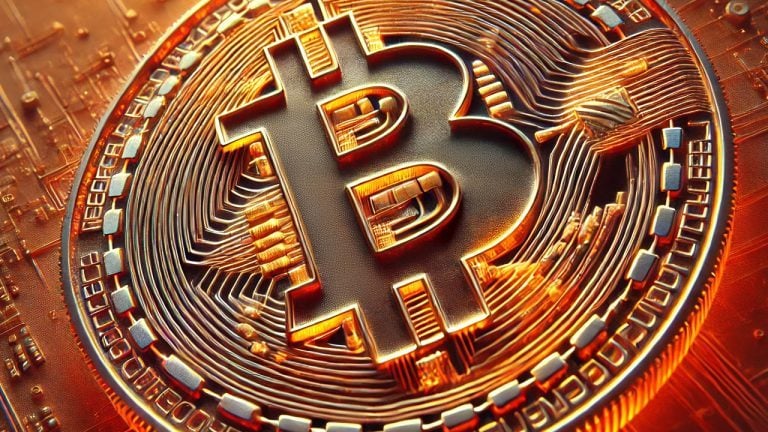


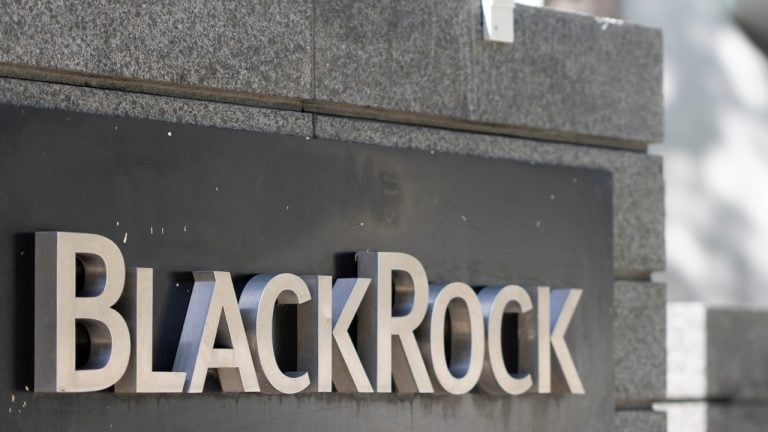
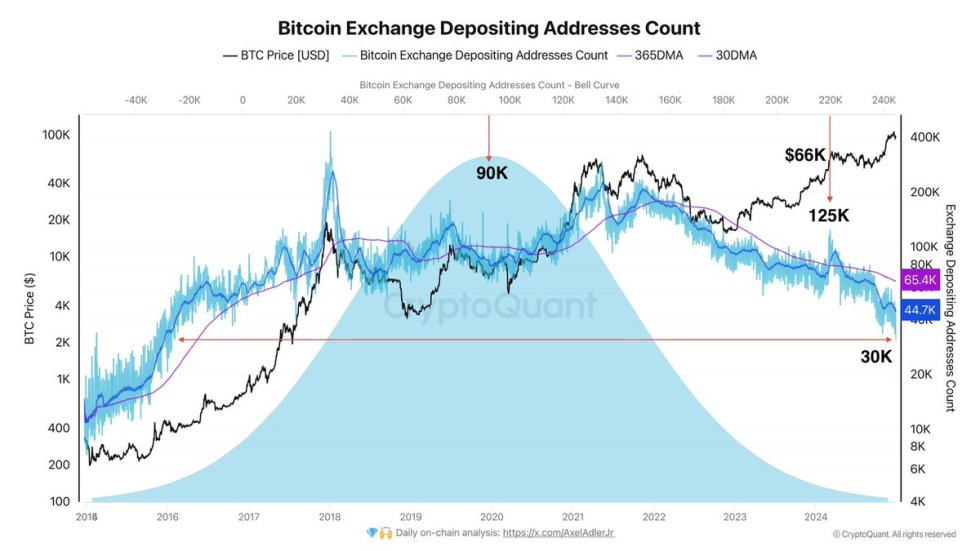








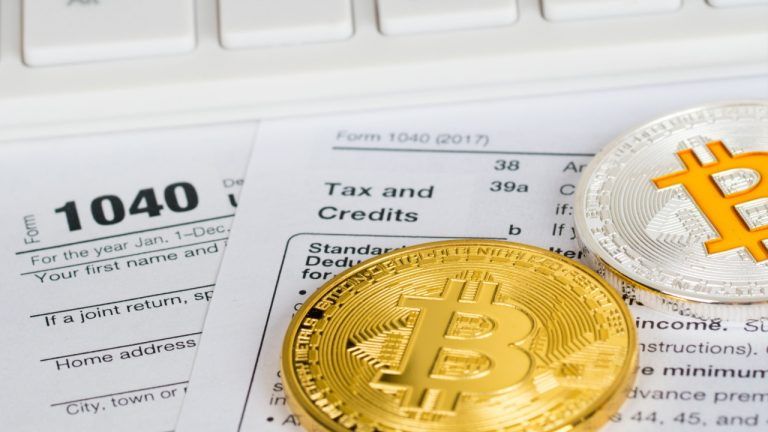
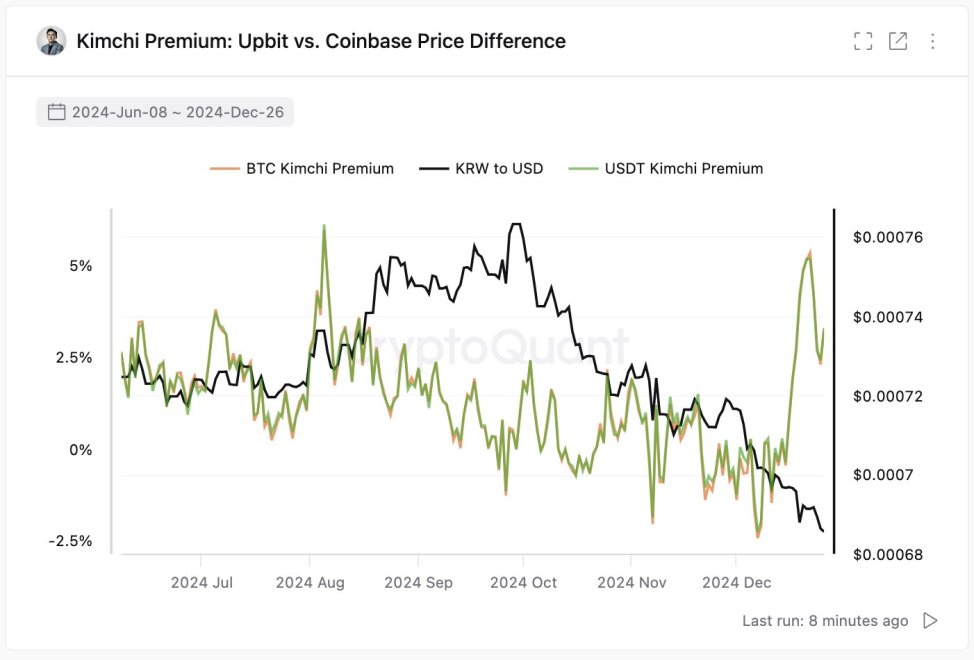

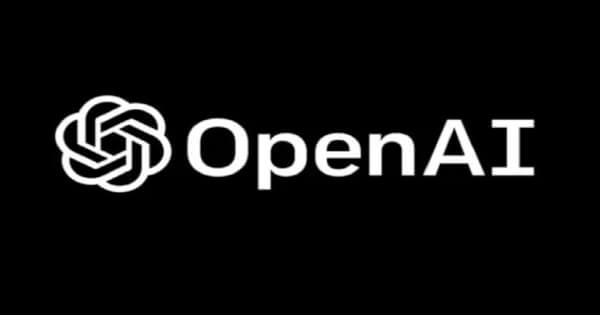
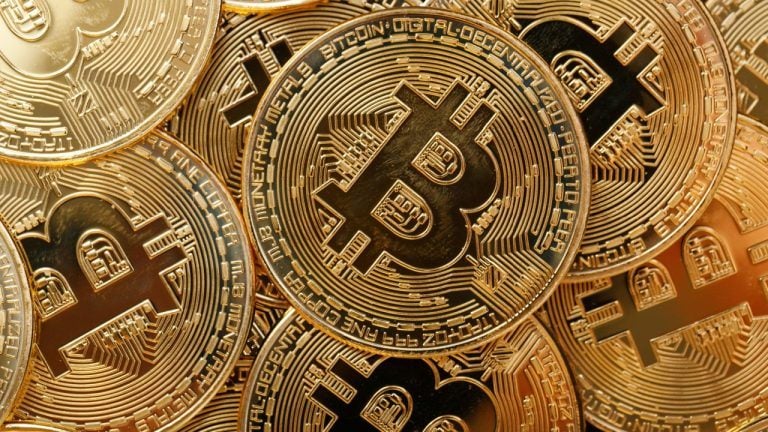

Comments